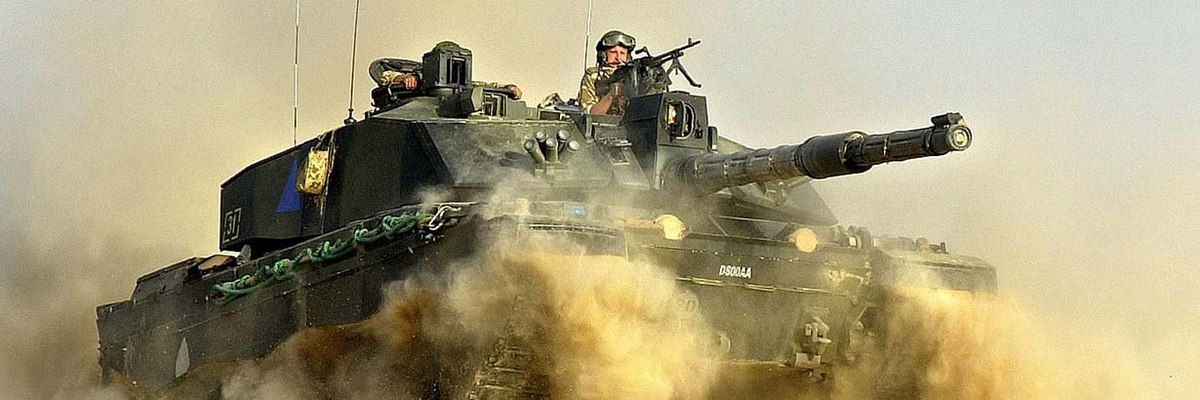The new YouGov Big Survey on NATO and War finds that a large majority of Britons support the existence of NATO, but opinions differ on its impact on peace in the world and how it should be used
In the wake of the 2022 Russian invasion of Ukraine, a growing number of countries have signed security pacts, relating to defence arrangements, armaments and intelligence sharing. Just in 2024, military/defence agreements were signed between several countries, both in the east and the west: the UK and Ukraine, the UK and Australia, the US and Japan, between Germany and France and Ukraine, between Germany, The Netherlands and Poland, between France and Moldova. China has signed an agreement with the Maldives, India with France, while Russia has agreed military cooperation with Niger and DR Congo, and deepened its defence cooperation with Iran.
The new YouGov Study of NATO and War finds that half of Britons (53%) think that the existence of military alliances decreases the likelihood of war taking place.
One in seven (15%) believe the opposite, thinking they increase the chances of a military conflict. This view is shared by 14% of Britons who support the existence of NATO.
It should be noted that on this and other connected questions there is a notably high proportion of people under 40 who say they don’t have an opinion about this.
Support for NATO
NATO, which has 32 members, is the largest military alliance globally. It recently celebrated its 75th anniversary. Our survey finds overwhelming support for NATO's existence among Britons (83%), with only a small minority (5%) opposing it.
The public consensus is somewhat weaker regarding the question of whether NATO’s existence increases or decreases the chances of war taking place. While a majority of Britons (57%) think NATO’s existence is a deterrent to war, 10% think it increases the chances of conflict. A fifth think it has no impact either way (19%) while 15% are undecided.
Britons under 40 are more likely (14-17%) than older generation(s) (5-8%) to see NATO as a factor that increases the chances of war.
Differences in opinion also surface based on political affiliation. Those who voted Labour in the 2019 general election are somewhat less likely than those who voted Conservative to say that NATO’s existence lowers the chances of a war taking place: 56% versus 68%.
The purpose of NATO
Views differ among Britons when it comes to the question of how NATO should be used.
NATO defines itself as a “defensive alliance”. The North Atlantic Treaty, signed on 4th April 1949, states that the member parties are “resolved to unite their efforts for collective defence and the preservation of peace and security”. However, in more recent times, it has taken military action in other countries, including the bombing of Bosnia in 1995, Yugoslavia in 1999, as well as Libya in 2011, while some NATO countries took part in the military operations in Afghanistan in 2001 and Iraq in 2003.
Six in ten Britons (61%) think that NATO should be used only for defensive purposes, but 23% think the organisation should also be prepared to attack countries that are considered a threat (while 4% don’t support either view).
Those who backed the Conservative party in the 2019 elections are significantly likelier than those who supported Labour (29% vs 16%) to be in favour of NATO attacking other countries it considers a threat.
Data from elsewhere in the study highlights that two in ten (20%) Britons who think that the United Nations is not effective in preventing international conflicts support NATO being used for offensive operations.
Another aspect connected to NATO’s global role revolves around humanitarian assistance and humanitarian interventions. In 1999, NATO bombed Yugoslavia in an act which was described at the time as a “humanitarian intervention” but did not have the approval of the UN. In 2011, NATO carried out an air campaign in Libya, following a UN resolution.
Our research shows that two-thirds of Britons (65%) think NATO should be involved in humanitarian military interventions (i.e. military operations to prevent a humanitarian crisis). However, just under half of Britons (44%) think this should be the case only with the explicit approval of the United Nations, while a fifth (21%) think NATO should intervene even without UN approval.
Even among Britons who do not think the UN is effective in preventing wars, 41% say NATO should intervene only after UN approval. A quarter (25%) think the alliance can intervene regardless of a UN mandate.









